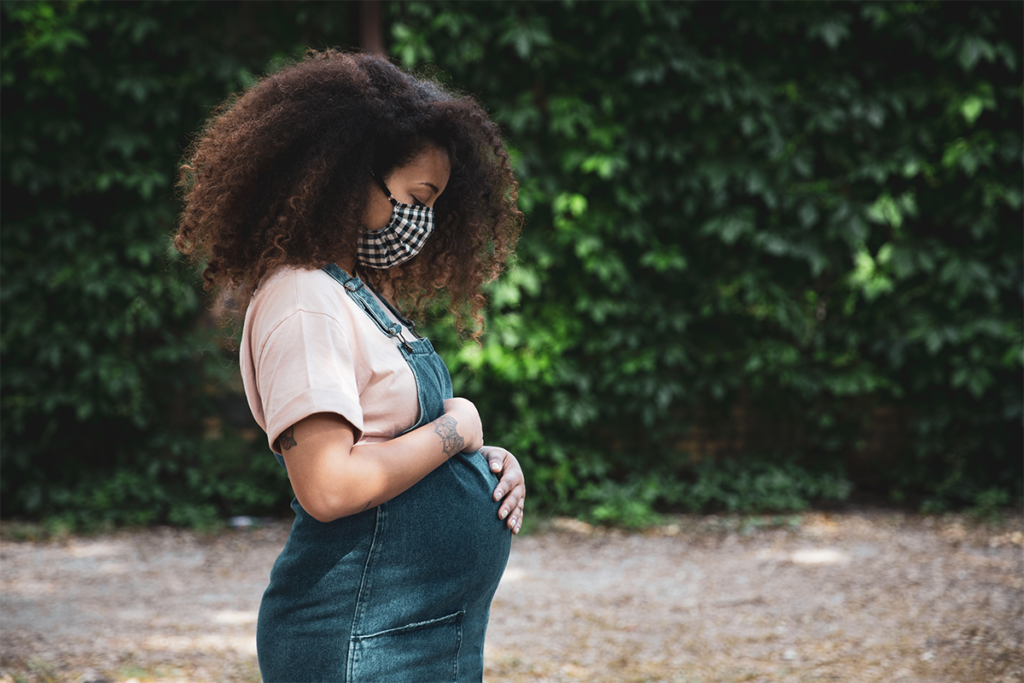First, the possibility that a COVID infection leads to longer-lived immunity than vaccination is not far-fetched. Infection exposes our immune system to several viral proteins, whereas the most commonly used COVID vaccines introduce a single antigen: the spike protein. This results in a more directed but also a more restricted immune response than after infection.
Although people who have had COVID can get re-infected, naturally acquired immunity continues to evolve over time and antibodies remain detectable for longer than was first anticipated. New evidence suggests that immunity following both severe and mild infection protects against both symptomatic and asymptomatic reinfection.
However, apart from the danger of drawing conclusions from data that other scientists have not yet reviewed, it is also crucial to put the data in the right context. Although a study draws attention to the potency of naturally acquired immunity, it does not consider the risks involved in achieving natural immunity through infection. Nor does it cast a shadow on vaccine-generated immunity.
A common reason to remain unvaccinated is the misconception that waiting for natural immunity by choosing infection over vaccination is an option. But infection-acquired immunity may come at a heavy cost.
Indeed, apart from the overt risks of severe illness or death, several recent studies show that otherwise healthy people who have recovered from COVID have a substantially increased risk of longer-term serious health problems, including myocarditis (inflammation of the heart muscle), blood clots and stroke, compared to vaccinated people. And the most rigorous safety monitoring in US history has shown that COVID vaccines are safe and effective.
With cases surging globally and deaths driven by the delta variant, waiting for infection – and risking long-term health problems, severe illness and death – to achieve immunity to the very same infection is as fruitless as it is dangerous.
Hybrid immunity
The Israeli preprint does, however, shed light on our increasing understanding of the potent immunity induced by getting the vaccine after having COVID – so-called hybrid immunity. Several studies show a substantial boost in both antibody and T-cell responses to vaccine in people with previous COVID infection.
A recent report from the US Centers for Disease Control and Prevention showed that people who’d recovered from COVID and were later vaccinated had half the risk of reinfection compared with unvaccinated people who’d previously had COVID. So it’s still worth getting the vaccine, even if you have previously had COVID.
The effective immune booster following the combination of natural immunity and a single subsequent vaccine jab also raises the question of whether one dose is enough for people who have had COVID. Several studies report that immune responses to a single dose of either the Pfizer or AstraZeneca vaccine exceed those after two doses in people without prior infection.
Several countries, such as France, Italy and Germany, therefore now recommend a single dose for people with a previous COVID infection. And infection without vaccination is recognised as immunity for the current Israeli green pass rules.
Although directing boosters to people who have not been infected may make the most of limited vaccine supplies, personalised schedules and exemptions from vaccine mandates may be logistically tricky in the midst of a pandemic. Antibody screening before vaccination is time-consuming and expensive, and it introduces practical challenges in identifying those who have or haven’t previously had COVID. These exemptions could slow vaccine rollout rather than speed it up.
As unprecedented research efforts deliver knowledge about our immune responses to COVID infection and vaccination on a daily basis, we must critically view the data together with all the facts that relate to it. We are far from bringing the pandemic to an end, and the potential risks of being infected are unquestionable. Our priority should be to slow transmission and get vaccines to those who remain unvaccinated and need them the most. To avoid vaccination, wait for infection and hope for natural immunity makes little sense.

